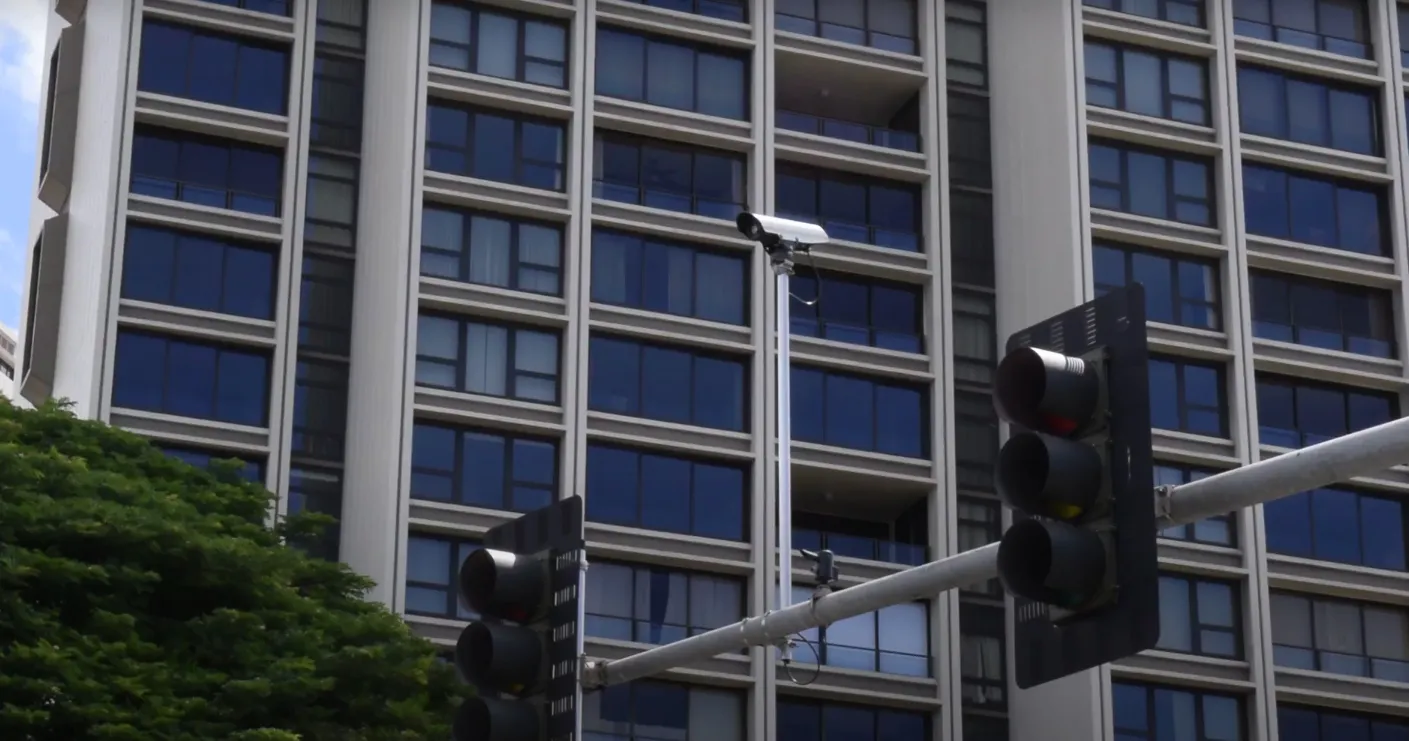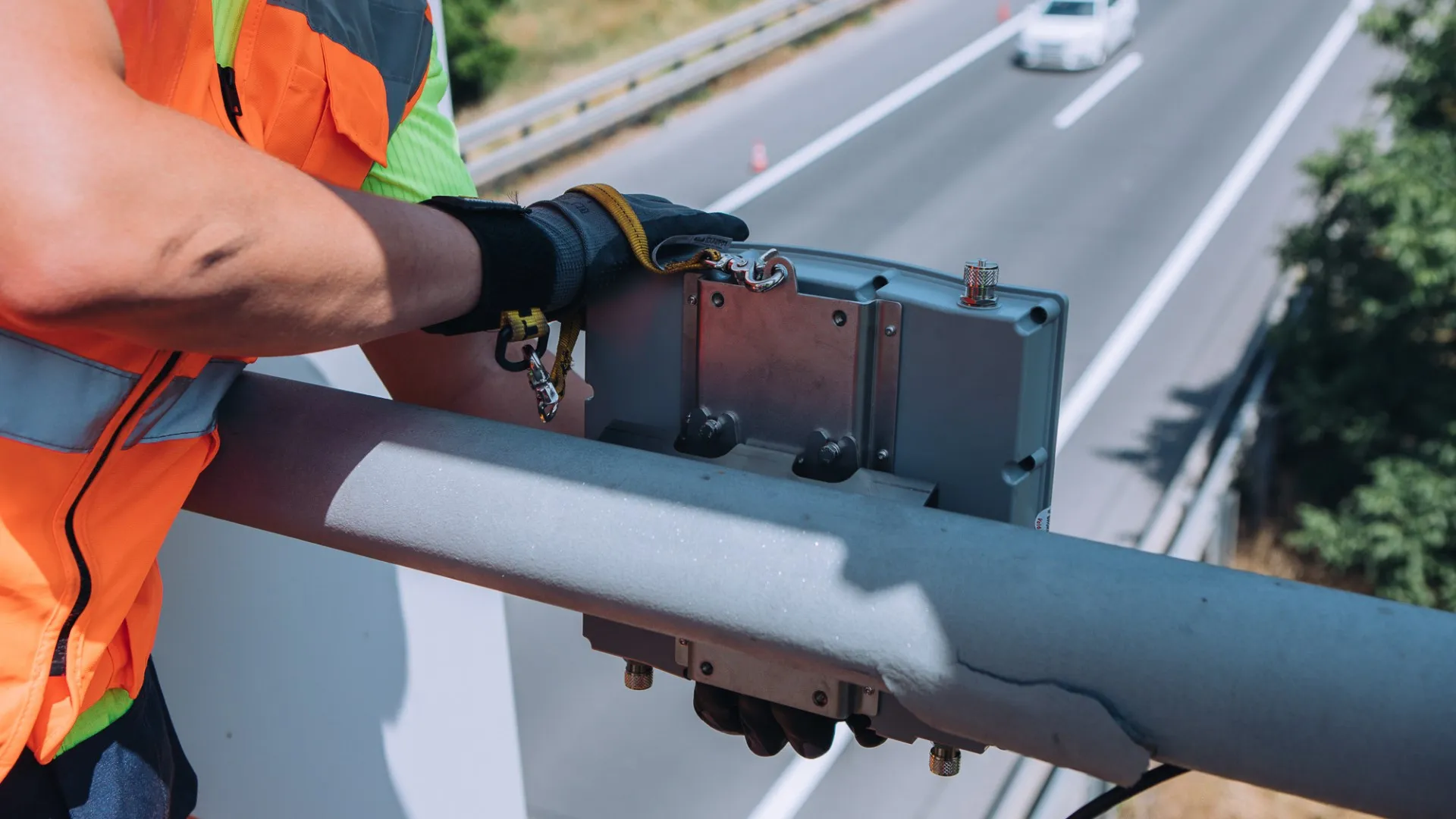
The University of Hawaiʻi (UH) at Mānoa College of Engineering is leading a collaboration to upgrade a traffic signal control system in the city of Honolulu.
The system will utilise Vehicle to Everything (V2X) technology and include signal devices installed at more than 30 intersections along Nimitz Highway and Ala Moana Boulevard.
Researchers will collect data on the amount and type of vehicles moving through the area so that the public can receive alerts and information on potential impacts along the corridor via the TravelSafely app.
Professor David Ma of Mānoa College says university students and faculty will conduct research on sensor data analytics to help the system operate at full potential.
“Not only will this project create a smart transportation corridor in the heart of downtown Honolulu, it also serves to show the state UH’s commitment both to high-tech applications and to a safer, more efficient transportation system for Hawaiʻi,” Ma adds.
The project stems from an agreement with Econolite, the State Hawai’i Department of Transportation (HDoT) and the Federal Highway Administration.
Econolite has provided all hardware and software upgrades for the system, as well as making a donation to help UH develop an advanced traffic engineering lab.
It will include advanced traffic control, management and detection devices as well as a modern video wall for data visualisation.
According to Ma: “The lab will become a mini traffic management centre that enables UH researchers to analyse traffic data in real-time and help HDoT staff make necessary adjustments to optimise the performance of the traffic system.”
Guohui Zhang, a civil engineering associate professor in transportation engineering, says students at the lab will have “hands-on experience” with traffic technology and will be better trained as future traffic engineers.









